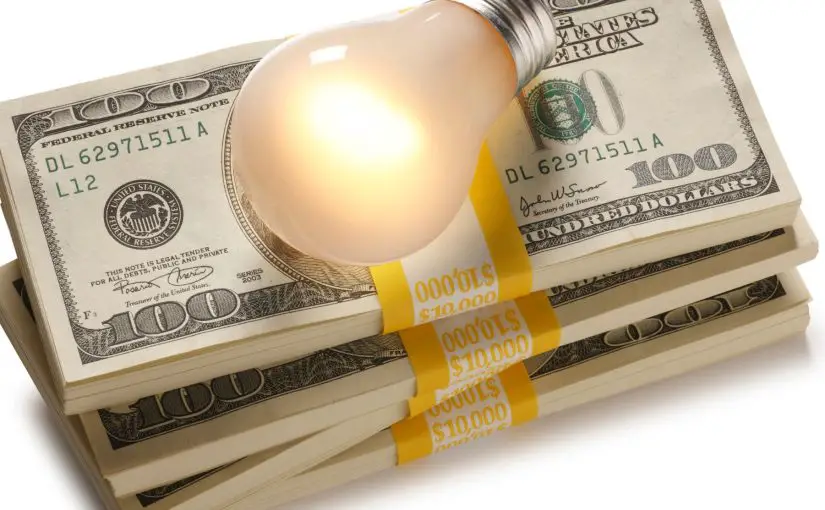Table of Contents
Dehumidifier energy use: a comparison two other household appliances.
Dehumidifiers? Expensive right? More specifically what you can expect to get in terms of energy use with a dehumidifier?
Dehumidifiers are great appliances for helping you control indoor humidity regardless if it’s in your home at work or any other space.
Dehumidifiers work by drawing in air from the surrounding area, then removing the excess moisture and releasing it back as dry air into the room.
Musty odors, mold and mildew growth, or just having a sticky uncomfortable feeling are all issues that a dehumidifier can help you deal with.
They come in a host of different sizes and styles as to suit your different needs and different sized spaces. So you are certain to find one that suits your specific needs.
But, as you may have heard, dehumidifiers have a reputation of being energy hogs that can take a lot of money to run.
And in certain instances that can be entirely true.
This article is meant to give you an ideal of exactly how much energy you can expect to expend and how that compares to other types of appliances that you are already running in your home.
First of all, the energy use of a dehumidifier depends on the size of the unit and the humidity level of the surrounding environment in which it is being used. Generally, dehumidifiers use more energy than some appliances like a lamp or a small fan, but in comparison, they use much less energy than other appliances like a refrigerator or a clothes dryer.
To get a sense of how the energy use of a dehumidifier compares to other appliances, The easiest way is to look at the appliances energy label or the manufacturer specs. That information will give you an estimate of the appliances use in watts or kilowatts.
 Here are some examples of how the energy use of a dehumidifier might compare to other appliances in your home.
Here are some examples of how the energy use of a dehumidifier might compare to other appliances in your home.
1.A small dehumidifier with a 30 pint capacity might use about 250 Watts of power. That is about the same amount of energy that you use when you were running a medium size window air conditioner.
2. A larger dehumidifier that has a capacity range of more like 70 pints might well use 500 Watts of power a day. That would be on the same level as running a space heater throughout the day.
3. And a medium sized dehumidifier that collects about 50 pints The water a day uses around 350 watts of power. That’s about what your clothes dryer uses.
Overall, The energy use of a dehumidifier depends on a variety of factors, including the size of the dehumidifier, how high the humidity is at any time, and how long you use it for.
Here is a few helpful tips to reduce the amount of energy that your dehumidifier uses.
1. Try a smaller unit and set it to a lower humidity level. Then turn it off and it’s not in needed.
2. Use the dehumidifier and conjunction with other measures to reduce humidity.
Such as:
- Seal up leaky windows and doors
- Use exhaust fans in areas like kitchens and bathrooms.
This will reduce the amount of work that the dehumidifier has to do which was result in saving energy and lowering the cost of operation.
3. Turn the thermostat down.
The ambient temperature of a room can affect the amount of humidity in your home greatly. High temperatures are often filled with moisture whereas lower temperatures not so much.
4. Purchase a higher efficiency dehumidifier.
Just like any other appliance, dehumidifiers are made in a range of styles that include some that are inexpensive and use higher amounts of energy and dehumidifiers better made to be much more efficient and use less energy.
In closing
Using a dehumidifier is an effective way of controlling the humidity in your home or any other space and it can help alleviate many problems that are caused by high humidity. Problems like musty odors, mold, mildew growth, and other problems that are just annoying like frizzy hair and constant perspiration.
But it’s important that you be aware that dehumidifiers can use a significant amount of energy.
Especially if they are being used too long and too large of a space.
Although there are things you can due to get a better energy performance out of your dehumidifier, things like using a smaller dehumidifier for a smaller amount of time and just turning it off when you’re not using it.
And using it with other humidity lowering methods like using exhaust fans and turning down the thermostat.
Also fixing any leaky doors or windows that might be letting humidity get inside.
If you are just now in the market for the humidifier, you should consider buying a more energy efficient dehumidifier.
Hopefully some of these tips can’t help you save money and still maintain a comfortable humidity level in your home.
We appreciate your time and thank you for using some of it to read this article.



